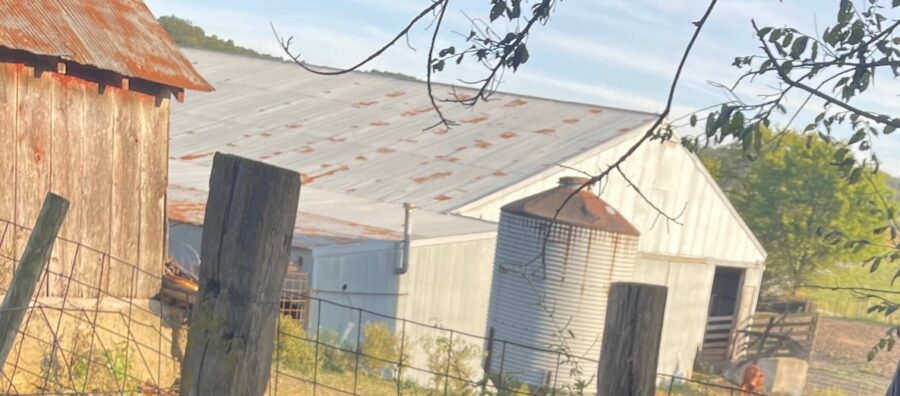My little brother was in the biggest fight of his life … literally, for his life. This COVID virus was relentless, throwing everything it had at him with a vengeance.
I don’t know how often one stops to consider the attributes of a brother or sister. But these last eight weeks certainly gave me pause to mull over Christopher.
He was smart. He had wit. When all is said and done, I believe he embodied some of the best of what our mom and daddy had to offer: Determination. A tender heart. Family loyalty. Faith in Jesus Christ.
But seek first the kingdom of God and his righteousness, and all these things will be added to you. Matthew 6:33
Born Christopher Todd Haertling, Christopher was not perfect, nor was he any more special than my other siblings or me. I do wonder, however, if our mom and daddy just got to, well, enjoy him in another way.
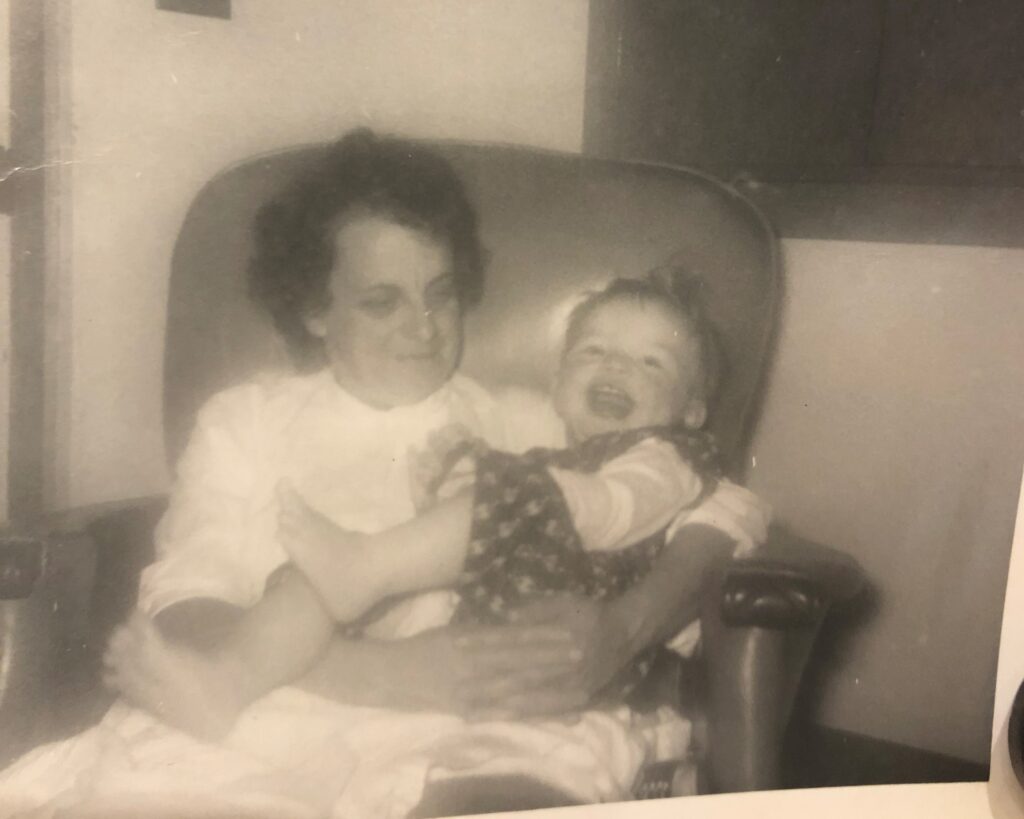
The rest of us came in such quick-fire succession — five children in 32 months, with two sets of twins.
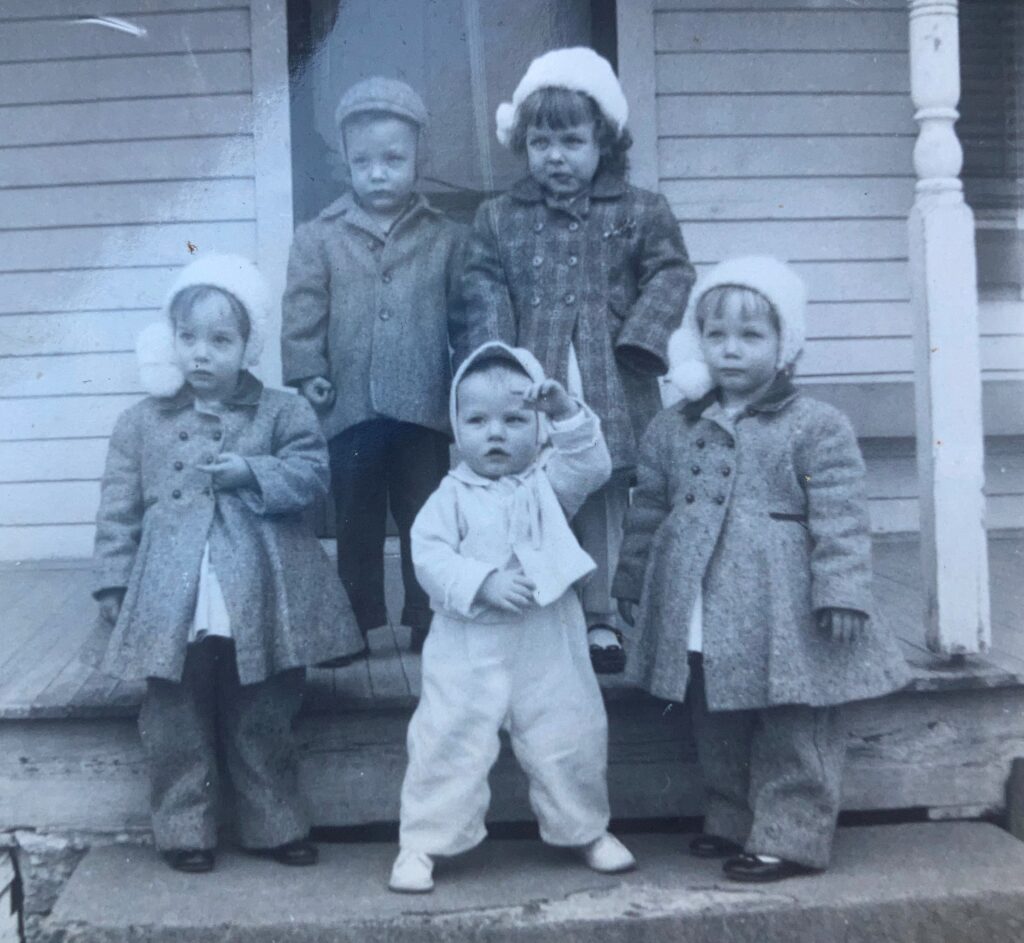
How could they not regard him differently?
Born 13 years after Stanley, our next youngest brother, Christopher was a “second-generation” kid.
A surprise? Perhaps. Desired? Most certainly.
We four older ones were a few short years away from graduating high school and going out on our own when Christopher came on the scene. Somehow, it doesn’t make sense that mom and daddy did not know what they were getting themselves into starting over.
Stories about the kid are plentiful. Maybe because there were more of us to remember them. And after 51 years, some are possibly embellished more than others.
Choosing his name got quite lively. We were all in on it: Clarence Gottfried or Gottfried Clarence, taking from our Grandpa Richter’s rather distinguished name. Gomer Pyle and Vince Carter inched their way up pretty high on the list of possibilities.
Daddy said “Christopher Todd Haertling” was too long. “He will be through first grade before he knows how to spell it.”
It was back the summer of 1970 when Stanley, Glenda, Connie and I looked on with admiration through the maternity room window at this new addition to our family.
A stranger watching commented quite cheerfully, “Oh, look! Is that the grandfather standing there behind that baby?”
I think it was Connie who replied, “Uh, no. That would be the father.”
And so it began.
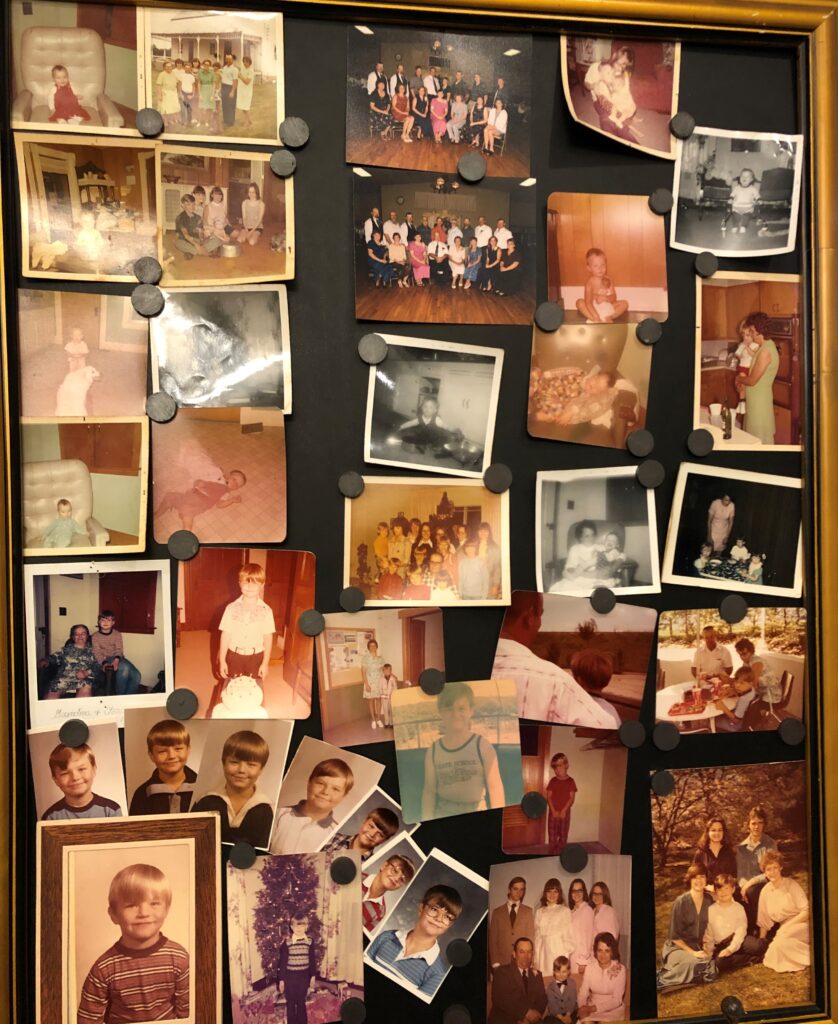
A Determined Disposition
Christopher started life with a determined outlook. As an infant, he appeared resolute, willing to hold his position. If something upset him, whether out of fear or frustration, he held his breath. To the point of passing out.
You could see it coming. “He’s going to hold his breath!”
Next to mom, Connie was the one who was the most capable caring for that rascal. Somehow it seems right that she was also one at Christopher’s bedside the night he took his last breath.
Oh, Christopher had all our hearts. He was three years old the day he climbed out of the back seat of the car with tear-streaked cheeks. Boy, did he submarine mom’s plans that day. Earlier — through screams and kicks and an arched back — he made it abundantly clear he wanted nothing to do with getting his hair cut.
So, mom said, “Shave it off.” And the barber did.
Don’t worry. Any effects were short-lived. He wandered on down the hill in front of our house, a sporadic sniffle breaking the silence, his faithful dog, Bear, trailing closely behind. Oblivious to the buzz cut he had just gotten. Hair clippings still clung to the half-eaten lollipop held firmly in his sticky hand.
Our Grandma Haertling’s mournful appraisal echoes yet in the background, “Du armes kind” (you poor child).
Not.
Tenderhearted
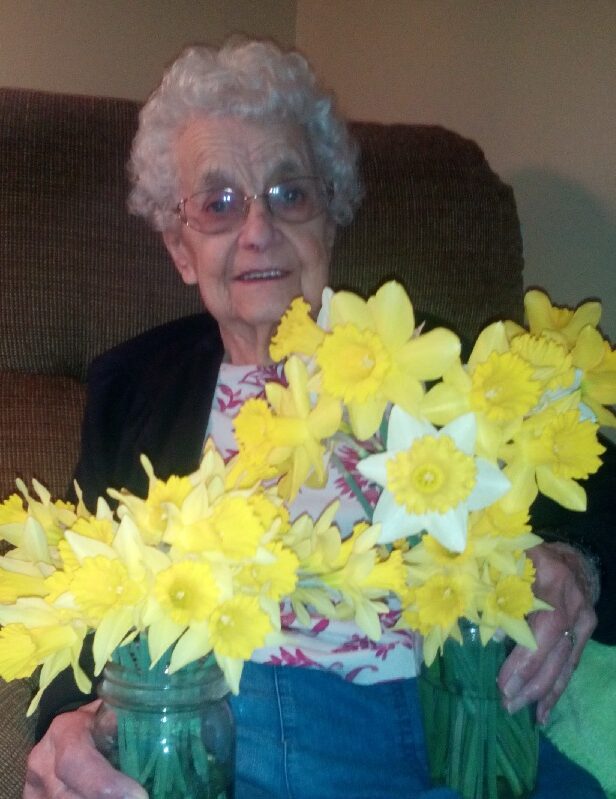
Christopher’s sturdy build combined with a tough exterior and his calloused farmer’s hands could easily camouflage his tender heart. A heart that led him to take time out of his day to hand-pick daffodils and lilacs and tulips from mom’s garden or pick up a piece of mom’s favorite Coconut Cream Pie on Tuesdays at the Fruitland Auction Barn, and then bring them to her. Now aging, mom was living in a residential care facility.
After mom passed away, Christopher made sure fresh “posies” were still delivered to Miss Fern, who had been a tablemate of mom’s and caught his attention. Our sister Glenda was enlisted to make those special deliveries.
Did he have friends! From an early age … especially those of the two-legged, white Leghorn variety.
“Look at all my friends,” he would marvel walking through the chicken pen. Hens squatted before him, allowing him to give a quick pat on the back or scoop them up in his arms.
Of course, we rather enjoyed reminding Christopher how he almost cooked some of those “friends” one hot, mid-summer, Missouri afternoon when he loaded them into his red wagon and left them covered with a sheet.
I can’t find my family.
Family Loyalty
Christopher valued family. He would walk miles for them. And he did.
When he was about four years old, he took an unplanned morning hike; showing up at Wilbert Versemann’s farm with only his dog in tow.
He needed help, “I can’t find my family.”
Returning both Christopher and dog back to the house, Wilbert called out, “Are you missing a boy?”
It seems when Christopher woke up that morning, he heard daddy and Stanley driving off on their tractors. He headed out the front door to follow. Where they turned right at a crossroad, he turned left.
Yes, he needed help. He knew he could trust Wilbert.
Christopher understood the meaning of a strong heritage. A sense of belonging. He prized vintage photos, for in them he saw the history of his people: The Haertlings. The Richters. The Meyrs. The Webers.
Faith in Jesus Christ
Now. With all kidding set aside.
God’s true Word instructs us, “Train up a child in the way he should go; even when he is old he will not depart from it” (Proverbs 22:6 ESV).
Christopher was raised to know the living Lord; baptized as an infant into the Christian faith, and then confirming his belief in Jesus Christ his Savior as a young teen.
He committed his life before God and witnesses in faithful marriage to his sweet bride, Amy; and together they established their family.
Christopher loved Alli and Jackson. He was proud they called him “Dad.”
[Your] weeping may tarry for the night, but joy comes with the morning. Psalm 30:5
You know, when Lazarus had died, his older sister Martha’s complaint to Jesus was that had he, Jesus, been there, Lazarus would not have died. Jesus’ assurance to Martha then, some 2,000 years ago, is the same confidence Jesus gives us still today: “I am the resurrection and the life. The one who believes in me will live, even though they die; and whoever lives by believing in me will never die” (John 11:17-26).
On February 3, his body worn out, God called Christopher home. Come on, Christopher. It’s time. Come on home. I have everything waiting for you.
Christopher Todd Haertling. A man of determination, a tender heart, family loyalty, and faith in Jesus Christ, his Savior.
Taken before his time? No.
For the Almighty, Sovereign and Holy God, who has numbered the hairs on our heads (Matthew 10:30), the Lord [Who] is faithful in all He does (Psalm 33:4), knew the exact number of Christopher’s days on this earth.
See, I have engraved you on the palms of my hands …
Isaiah 49:16
The question now is not “Why?” The better question is “How?” How do I give God glory now in all of this heartache? How will I choose to give God glory and honor Christopher’s memory?
Our Lord God has the answer, “Trust in the Lord with all your heart and lean not on your own understanding; in all your ways submit to him, and he will make your paths straight” (Proverbs 3:5-6).
Is our grief heavy? Oh, yes.
But there, too, Jesus promises, “In this world you will have trouble. But take heart! I have overcome the world” (John 16:33).
And our grief is not without Hope, for it is rooted deeply in Jesus Christ our Savior.
Because Jesus lives, [Christopher] also will live.
John 14:19
Writer’s Note: Christopher Todd Haertling, 1970-2022
